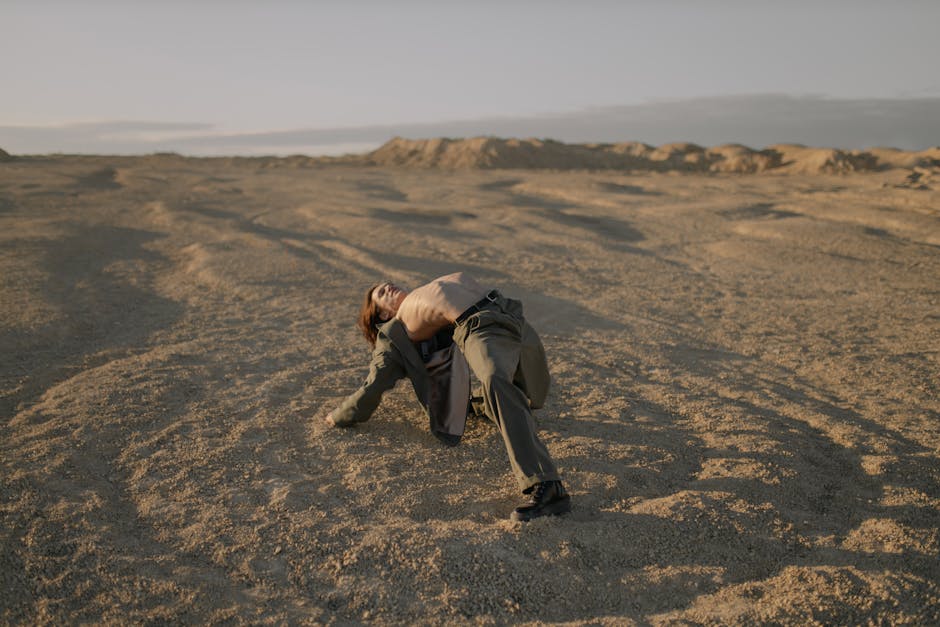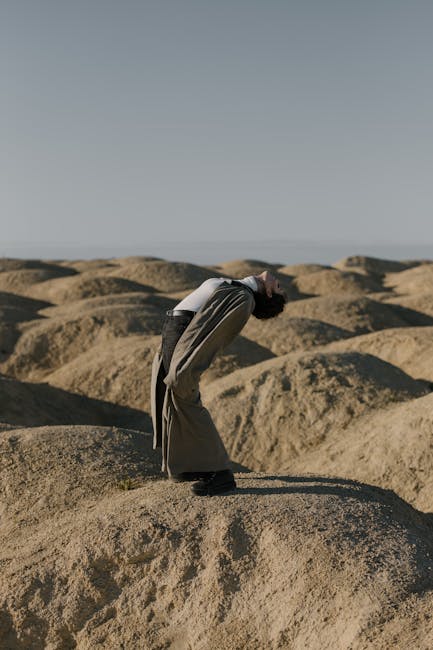Introduction
The Prevalence of Anxiety and Stress in Today’s Society
In today’s fast-paced world, stress and anxiety have become prevalent issues. Whether it’s the pressure of work, financial worries, or personal relationships, these factors can significantly increase stress levels. Chronic stress can lead to a host of health problems, including heart disease, diabetes, and mental health disorders such as anxiety and depression. Therefore, finding ways to help reduce stress and manage anxiety is crucial for maintaining overall health and well-being.
How Certain Activities Can Help Decrease Anxiety and Stress
Fortunately, there are numerous activities and techniques that can help reduce stress and anxiety. These include physical exercise, mindfulness and meditation, social support, and relaxation techniques. Incorporating these activities into your daily routine can help manage stress levels, relieve stress, and improve mental health. This blog post will explore these activities in detail, providing practical tips to tame stress and ease anxiety.

Photo by cottonbro studio on Pexels
Physical Exercise
Benefits of Physical Exercise on Mental Health
Physical exercise is a powerful stress reliever. It can help reduce stress and anxiety by boosting the production of endorphins, the body’s natural mood elevators. Exercise also helps reduce stress hormones like cortisol and adrenaline, promoting a sense of calm and well-being. Regular physical activity can also improve sleep quality, another essential aspect of stress management.
Release of Endorphins
Endorphins are chemicals in the brain that act as natural painkillers and mood elevators. They are released during physical activity, leading to feelings of happiness and euphoria. This endorphin release can help reduce stress and anxiety, making exercise a good stress reliever.
Reduction of Stress Hormones
Exercise also helps control the release of stress hormones. It reduces levels of the body’s stress hormones, such as adrenaline and cortisol. At the same time, it stimulates the production of endorphins, which are natural mood lifters. This can help relieve stress and anxiety, making physical activity a beneficial way to manage stress.
Different Types of Physical Exercises That Can Help
There are various types of physical exercises that can help reduce stress and anxiety. These include cardiovascular exercises, strength training, and mind-body exercises like yoga and Pilates. Each of these exercises has unique benefits and can be incorporated into your routine to help manage stress and anxiety.
Cardiovascular Exercises
Cardiovascular exercises such as running, cycling, and swimming are excellent ways to reduce stress. They increase heart rate, which can help burn off stress hormones and trigger the release of endorphins.
Strength Training
Strength training exercises like weight lifting can also help reduce stress. They improve physical strength and endurance, which can boost self-confidence and help manage stress.
Yoga and Pilates
Yoga and Pilates are mind-body exercises that combine physical poses with deep breathing and meditation. They can help reduce stress and anxiety by promoting relaxation and improving mental clarity.

Photo by cottonbro studio on Pexels
Mindfulness and Meditation
Explanation of Mindfulness and Meditation
Mindfulness and meditation are practices that involve focusing the mind on the present moment. They encourage a state of awareness and acceptance of one’s feelings, thoughts, and bodily sensations. These practices can be a powerful tool to help reduce stress and anxiety.
Benefits of Mindfulness and Meditation on Anxiety and Stress
Mindfulness and meditation have been shown to reduce stress and anxiety by promoting relaxation, increasing self-awareness, and reducing negative thinking. They can also improve focus and concentration, further helping to manage stress.
Increased Self-Awareness
Mindfulness and meditation can increase self-awareness by helping you focus on the present moment. This can help you become more aware of your stress triggers and how you react to them, allowing you to manage your stress more effectively.
Improved Focus and Concentration
By training your mind to focus on the present moment, mindfulness and meditation can improve your focus and concentration. This can help reduce stress and anxiety by preventing your mind from dwelling on past worries or future anxieties.
Reduced Rumination and Negative Thinking
Mindfulness and meditation can also help reduce rumination and negative thinking, which are common in people with high levels of stress and anxiety. By focusing on the present moment, these practices can help you break the cycle of negative thoughts that can fuel stress and anxiety.

Photo by cottonbro studio on Pexels
Social Support
Importance of Social Support in Managing Anxiety and Stress
Social support plays a crucial role in managing stress and anxiety. Having a strong support network can provide a sense of belonging, security, and self-worth, which can help reduce stress and anxiety. Whether it’s emotional support from friends and family or professional help from therapists, social support can be a powerful stress reliever.
Types of Social Support That Can Be Beneficial
There are various types of social support that can help manage stress and anxiety. These include emotional support from friends and family, joining support groups, and seeking professional help such as therapy sessions.
Emotional Support from Friends and Family
Emotional support from friends and family can provide a sense of belonging and security. It can help you feel understood and less alone, which can reduce feelings of stress and anxiety.
Joining Support Groups or Therapy Sessions
Joining support groups or therapy sessions can also be beneficial. These platforms provide a safe space to share experiences, learn from others, and gain new coping strategies. They can also provide professional guidance to help manage stress and anxiety.

Photo by Mikhail Nilov on Pexels
Relaxation Techniques
Deep Breathing Exercises
Deep breathing exercises are simple yet effective ways to reduce stress and anxiety. They involve taking slow, deep breaths, which can help slow your heart rate, lower blood pressure, and promote a sense of calm and relaxation. You can learn more about these exercises on our Breathing Exercises page.
Progressive Muscle Relaxation
Progressive muscle relaxation is a technique that involves tensing and then relaxing each muscle group in your body. This can help reduce physical tension and promote relaxation, helping to reduce stress and anxiety.
Guided Imagery and Visualization
Guided imagery and visualization involve using your imagination to create a calm and peaceful state of mind. This can help reduce stress and anxiety by promoting relaxation and positive thinking.

Photo by Julia Larson on Pexels
Conclusion
Recap of the Main Points Discussed
In conclusion, there are numerous activities and techniques that can help reduce stress and manage anxiety. These include physical exercise, mindfulness and meditation, social support, and relaxation techniques. Incorporating these activities into your daily routine can help manage stress levels, relieve stress, and improve mental health.
Encouragement to Incorporate These Activities into Daily Routine
While it may seem challenging to incorporate these activities into your daily routine, remember that even small changes can make a big difference. Start with small steps, such as taking a short walk each day or spending a few minutes practicing deep breathing. Over time, these small changes can add up to significant improvements in your stress levels and overall mental health.
Final Thoughts on the Importance of Managing Anxiety and Stress for Overall Well-being
Managing stress and anxiety is crucial for maintaining overall health and well-being. By incorporating the activities and techniques discussed in this blog post, you can take control of your stress and lead a healthier, happier life. Remember, it’s okay to seek help if you’re struggling with stress and anxiety. Whether it’s reaching out to a trusted friend or seeking professional help, there are resources available to support you.
For more resources on managing stress and anxiety, check out our pages on Depression, Resourcefulness, and Interpersonal Therapy.
Tags: #AnxietyRelief, #StressLess, #MentalWellness, #CalmMind, #SelfCare



